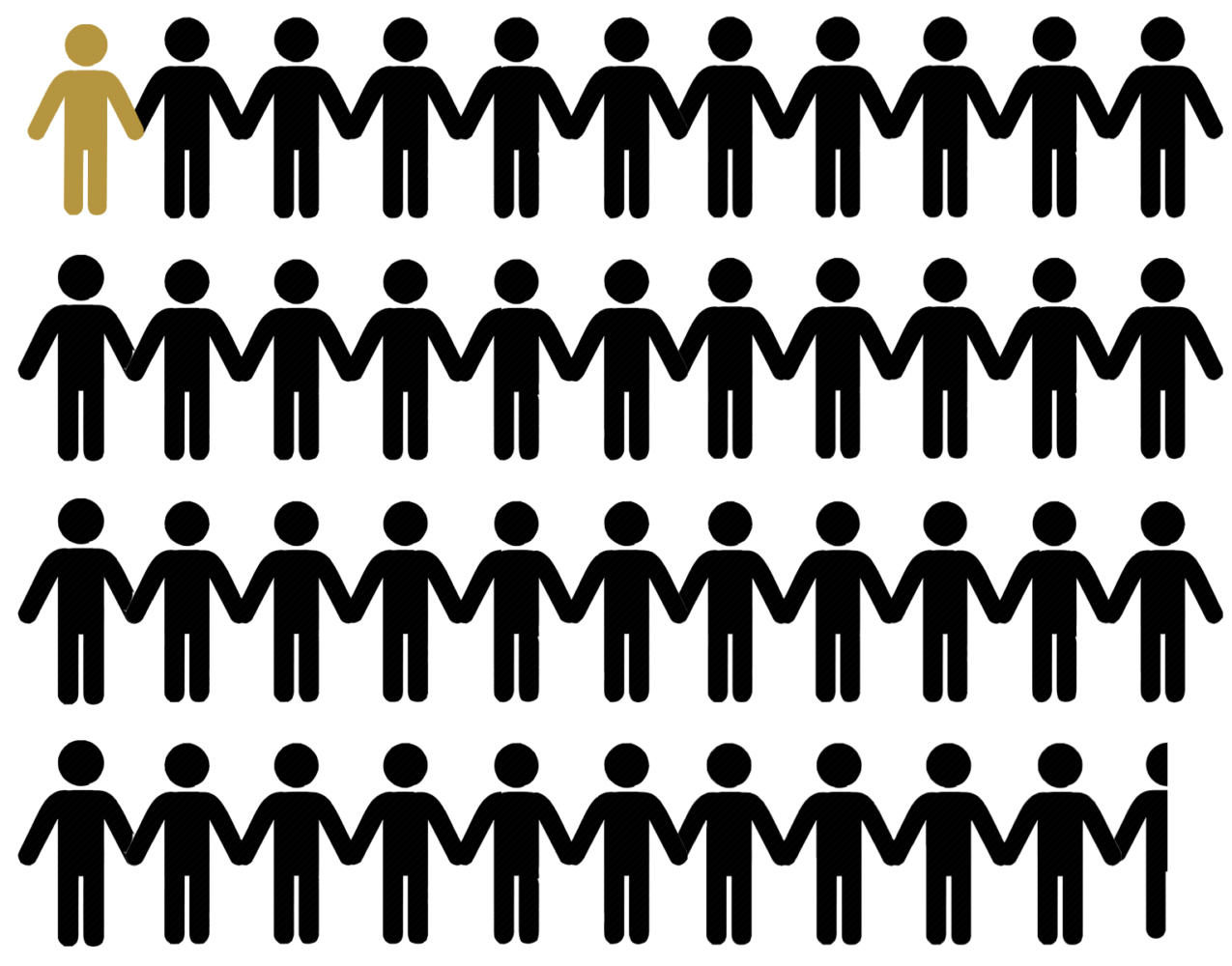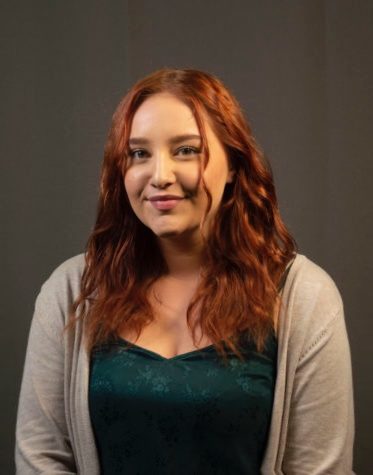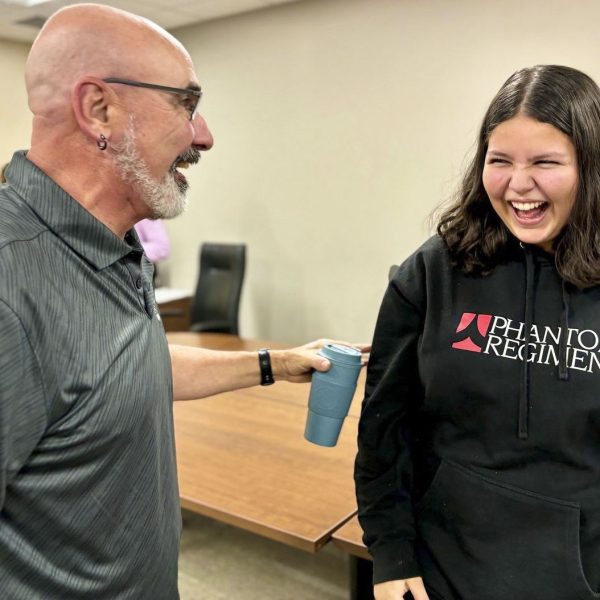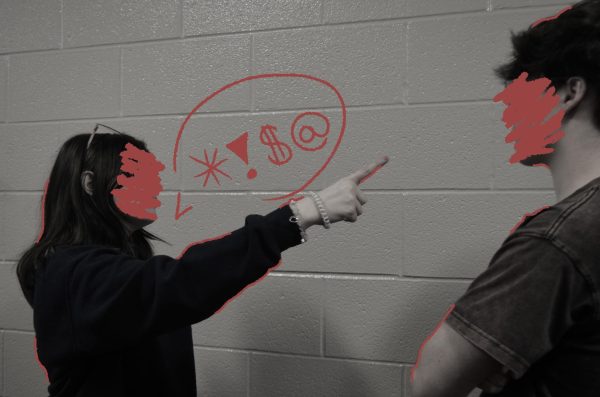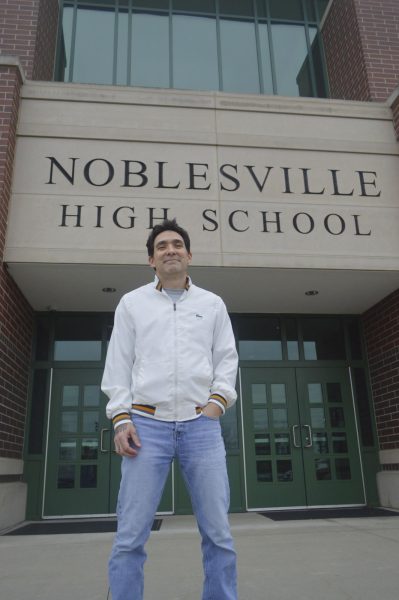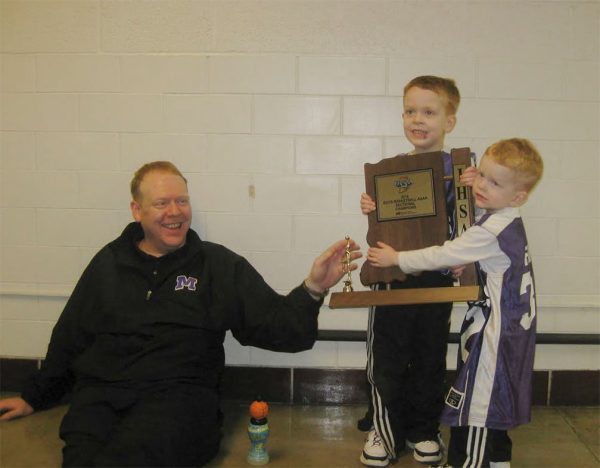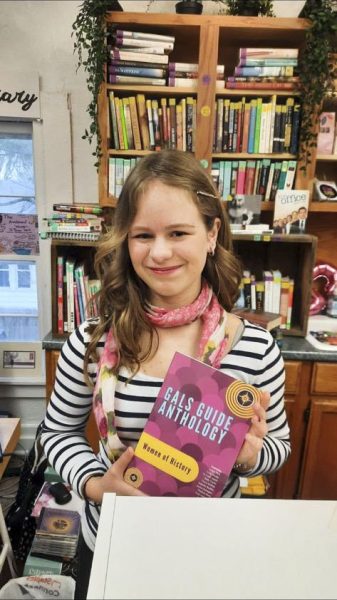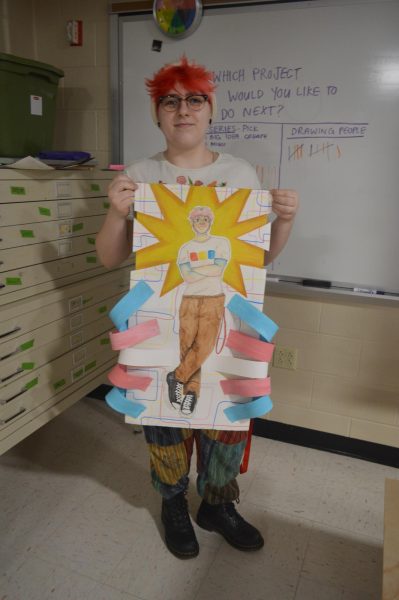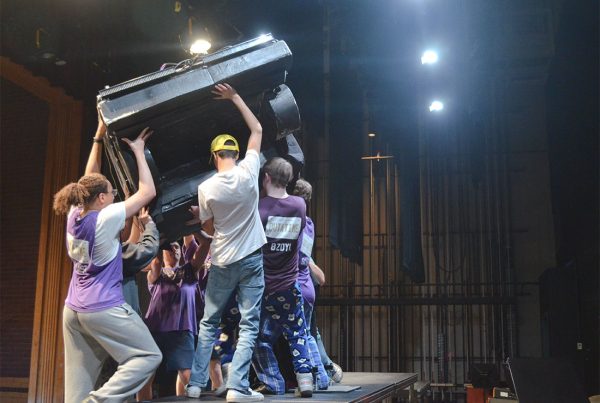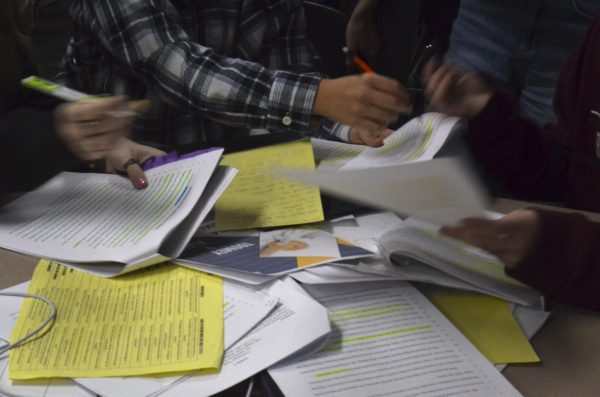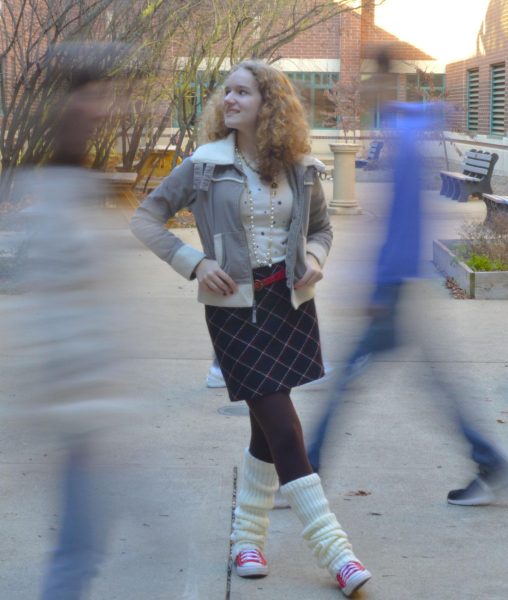The help they deserve
According to Special Education Director Mark Booth, there’s about 42.5 students with IEP’s per aide at NHS.
September 5, 2017
Four hundred and sixty-eight Noblesville High School students have IEP’s, or individualized education plans.
Sometimes that means having an aide with them in class, going to an aide for AL, or having their teacher set aside targeted lesson plans for them. But what happens when one of those student’s needs aren’t met?
“Last year I would say I had about 20 to 25 kids with learning disabilities,” said Whitney Wynne, an NHS freshman biology teacher.
As a teacher, Wynne is responsible for most of the accommodations her students need, which means she spends time creating audio recordings of test questions, researching videos instead of articles, and outlining hands on class demonstrations.
“I’ve had students with dyslexia, I’ve had kids on all ranges of the autism scale, kids with emotional disabilities, so that is a roadblock to learning when you have mental/emotional disabilities or are dealing with trauma,” Wynne said.
Aides are a common tool given to students to deal with those roadblocks.
According to Learning Disabilities Instructional aide Jonathan Couch, aides are usually there to help students stay on task, help explain things, or accommodate when a teacher is unable to.
“The way I look at it is the class can be working on this one thing and everyone’s doing an act with that one thing, and we’re working on that but just in a different way, a way that’s more meaningful for them,” Couch said.
“Most times when I was an instructional aide I worked one on one with students,” Couch said.
However, aides are assigned to classes based off of the amount of IEP’s in a certain class, so if a class has students who need assistance, it may not always mean that they get it.
“Last year I had an instructional aide two out of the five blocks I taught,” Wynne said.
The reasons why some classes go without aides vary. It could be that the students with IEP’s are high functioning enough to be independent, or that the teacher is able to meet all the requirements those kids need in order to succeed. However, sometimes it comes down to the fact that Noblesville doesn’t have enough aides.
“There’s a statewide, probably nationwide shortage of just special ed teachers in general. At one point I saw that there were 50 social studies positions open in the state and 250 special ed jobs,” Couch said.
The instructional aides who are employed here, though, aren’t contract employees, meaning they aren’t paid in the same way as full time employees.
“If you have an instructional aide in the morning, they don’t come until 8:35 so you really don’t have an aide for a third of that class,” Wynne said, “But on the days that they do need them here early they’ll cut hours off the end of the day, so I would lose my help for most of 7th block.”
Only having an aide for a third of the class can pose a lot of problems for teachers for various reasons.
“Having [an aide] was nice, it was consistently when she was there, but anytime there was time needed it was in those 2 blocks,” Wynne said.
However, even with the resources students are provided, some classes can be especially difficult considering the fact that every high school student in the district is required to take a biology course their freshman year – oftentimes regardless of ability.
“Last year I had a little girl who read at a 3rd grade level and her math skills were at a first grade level. And they put that child in biology and there’s just no way for her to be successful at this point in time, no matter how much I accommodate her,” Wynne said.
However, according to the new Resource Department Chair Jill Wisman, creating more flexibility in high school scheduling, or changing the requirements themselves, would most likely be a matter of school board administration, or even the state.
“That’s the thing with special ed, you have to be flexible, because we’re gonna do what’s right by the kids, period, bottom line. Because the kids first and foremost are the most important,” Wisman said.
“Every child in this department should have what’s done in their best interest and what’s going to benefit them,” Wisman said.
Yet, even if the scheduling requirements were to be loosened up, teachers often find that the obstacles students face in learning start long before high school.
“What I find is that [students with IEP’s] do want to learn and want to be able to function the way other students are functioning, but by the time they’ve made it to 9th grade and they’ve been struggling consistently now probably since 3rd, they just sort of shut down like ‘I’m not even going to give this a try because I know I won’t be able to do this’,” Wynne said.
No one answer exists for why certain students have learning struggles, and unless schools were to follow every individual student throughout their years in school, they couldn’t know most of the answers. Nonetheless, there are known ways schools can help, and whether or not Noblesville is enacting enough of them is up to the people involved.
“I try to reset them and give them tools that might make it easier for them, but in the end, when I’m asking a kid who can barely read to try to understand protein synthesis or something like that, what resource can I really come up with?” said Wynne, “I just have to wonder, how does a child get to 9th grade with a 3rd grade reading level?”


